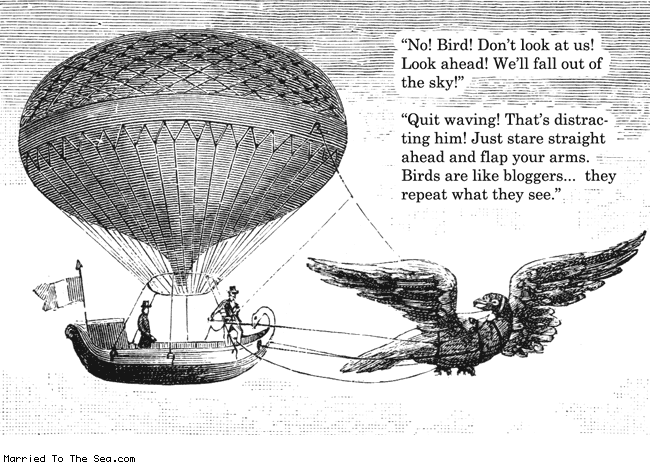I love the last few days of a year. On these days you can be
sure to find me clearing out my work-space, stuffing stuff in bags for the
charity bin, pulling out couches and sucking up the dust beavers (much bigger
and toothier than dust bunnies). You’ll also find me thinking and reflecting
and writing on the first pages of a new journal I’ve spent time choosing, making
resolutions and setting goals—or rather, making my New Year’s List.
There’s something about putting things in writing. We are
writers, most of us here, and as writers we are well aware of what it is to pour ourselves
into our writing. There’s something very scary, very revealing of our inner
selves, and utterly intoxicating about expressing ourselves through words,
through characters we’ve created, and putting it down on paper instead of just
daydreaming. It’s a real commitment.
I think it’s the same kind of thing with a New Year’s List. That’s
how it feels for me, anyway. I get very excited about it. I’ve been doing it
since I was eight when I first heard of New Year’s resolutions. I have rituals.
It’s something I hold sacred. And funnily enough, many people don’t understand when I tell them about it or they chuckle about it. They think I’m cute (or
possibly crazy. Or maybe both).
But, that’s ok. That’s water off a duck’s back. Other people’s
amusement has never worried me one bit, because I know that people
who write lists and commit things to paper where they can clearly see them tend (more often than those who don’t) to get things done. And I like to get
things done. (That’s why the first thing I do each morning is make a list of
that day’s stuff-to-do. There’s something very comforting in breaking life’s
daily complexity into small manageable chunks, not to mention fully satisfying
as they get ticked off).
It’s a very powerful act—making written goals and sticking
them somewhere you can see them, somewhere they can nag at you, or, perhaps more
powerfully, where others can see them and nag at you. A New Year’s List is like
a good, supportive crit group: it can keep you focused, keep you accountable, and
keep you real. (It can’t hug you hard when you’re down or sincerely revel in
your joy like a good crit group, though. So if you don’t have a good crit group,
perhaps that should be first thing on your List.)
Anyway, here goes. My writing/creating goals this coming
year, 2012:
- Finish a solid first draft of my middle grade novel.
- Continue to draw and once again explore my visual art, like, you know, really often.
- Be a consistently supportive crit group member in a consistent and supportive way.
- Be a good editor. Be a good teacher. Continue to care. Work Hard.
- Just keeping doing my thing. Keep having a good time on paper, not really contemplating the future, letting the fluff and stuff pass me by, just focusing on my ultimate goal.
Now I’m accountable, see? And that fires me up! It’s an exciting
year beginning, brand new and full of promise. Can’t you feel it?
Thank you for reading Wordy Birdie and a very Happy New Year to
you and yours!






















